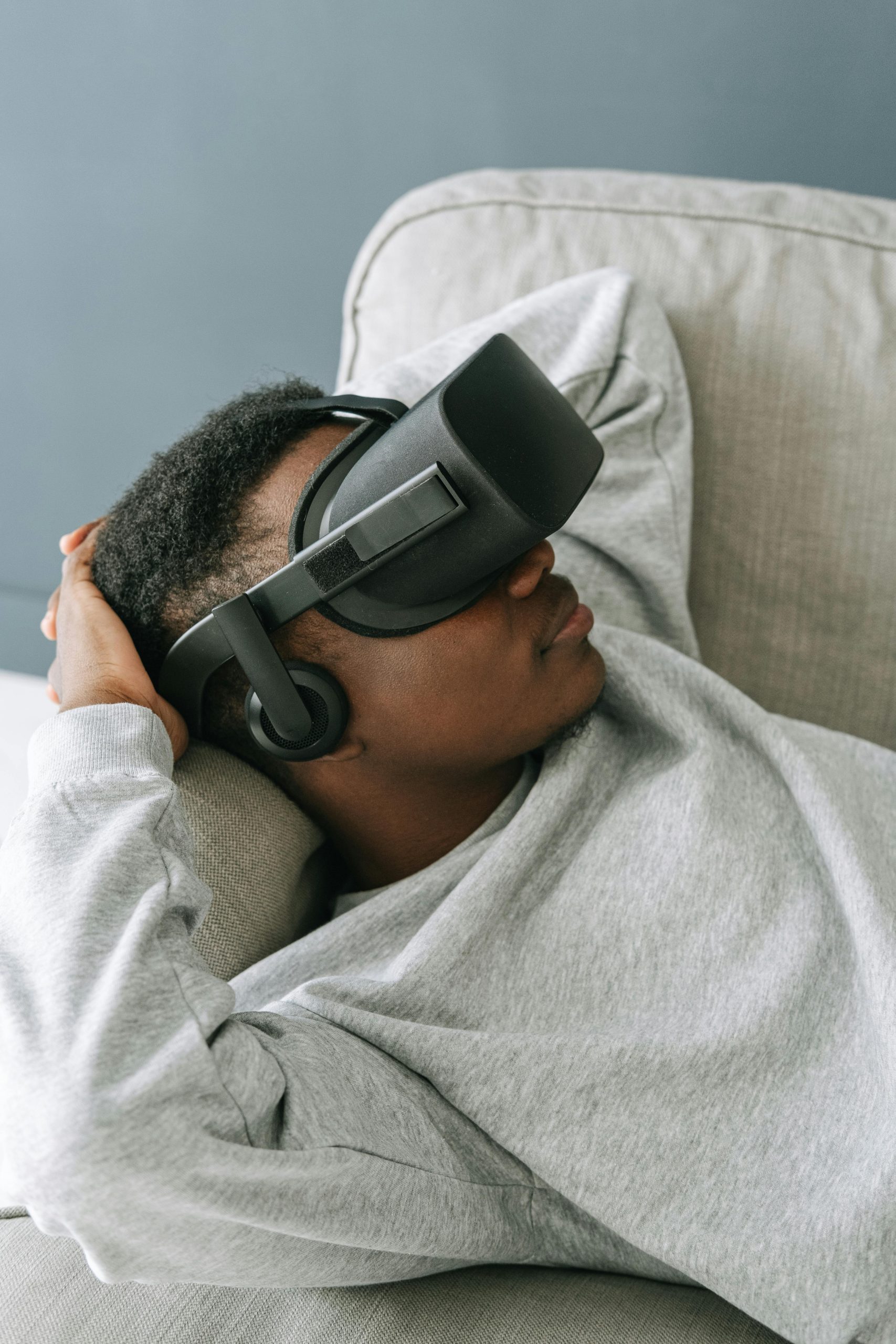Understanding Audio Issues Caused by USB-C Dongles in Gaming Headsets
In the realm of gaming, achieving pristine audio quality is essential for an immersive experience. However, many users encounter challenges when integrating gaming headsets with external accessories, such as USB-C dongles. This article explores a real-world scenario involving audio disruptions caused by the use of a USB-C dongle, offering insights into troubleshooting and potential underlying causes.
Case Overview
A gaming enthusiast, recently exploring titles like Tarkov, experienced unexpected audio issues when attempting to utilize a USB-C dongle with their HyperX CloudX headphones. Originally, the user relied on the 3.5mm analog jack, but noticed that game sounds were inadvertently bleeding through the microphone, prompting an attempt to configure dedicated audio software, HyperX’s Ngenuity.
When the headphones were not recognized by the software, the user purchased a USB-C dongle to facilitate software detection and improve audio management. While initially successful—observing that audio no longer leaked through the microphone—the user encountered a sudden problem: during gameplay, after a break to watch YouTube, their game audio became heavily muted, rendering sound effectively unplayable. Switching back to the 3.5mm jack restored normal audio levels, but reconnecting via the USB-C dongle resulted in the same muting issue.
Troubleshooting Efforts
The user conducted several tests to identify the root cause:
-
Reconnected the USB-C dongle to different ports on the laptop to rule out port-specific issues.
-
Tested a replacement dongle from the same pack, ruling out a faulty adapter.
Despite these efforts, the audio muting persisted exclusively when using the USB-C connection, while the 3.5mm jack remained fully functional.
Potential Causes and Considerations
This scenario raises several questions about hardware compatibility and port functionality:
-
USB-C Port Integrity: The issue might be related to the USB-C ports themselves. Damage or degradation—due to wear, manufacturing defects, or electrical issues—can affect data transfer and power delivery, leading to audio anomalies.
-
Adapter Compatibility: Not all USB-C adapters are created equal. Variations in quality or incompatibility with specific hardware can cause unpredictable audio behavior.
-
Driver and Software Conflicts: Outdated or conflicting drivers, or software glitches within audio management tools, can result in issues like muting or audio dropout.
-
Hardware Damage: Repeated connection/disconnection or physical
Share this content:



